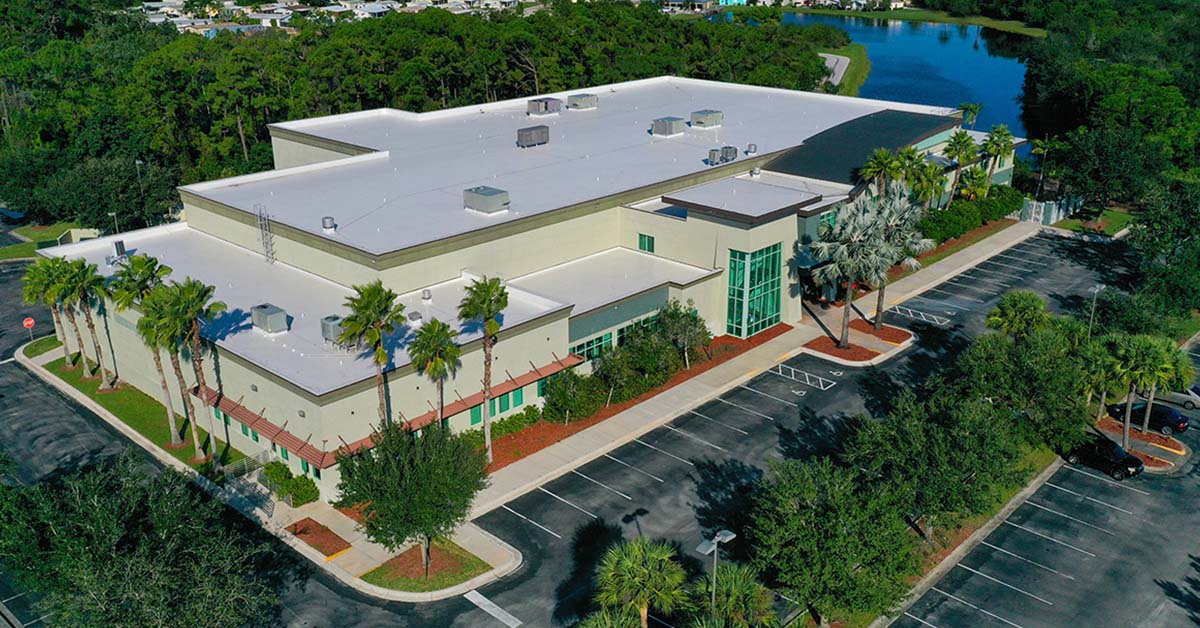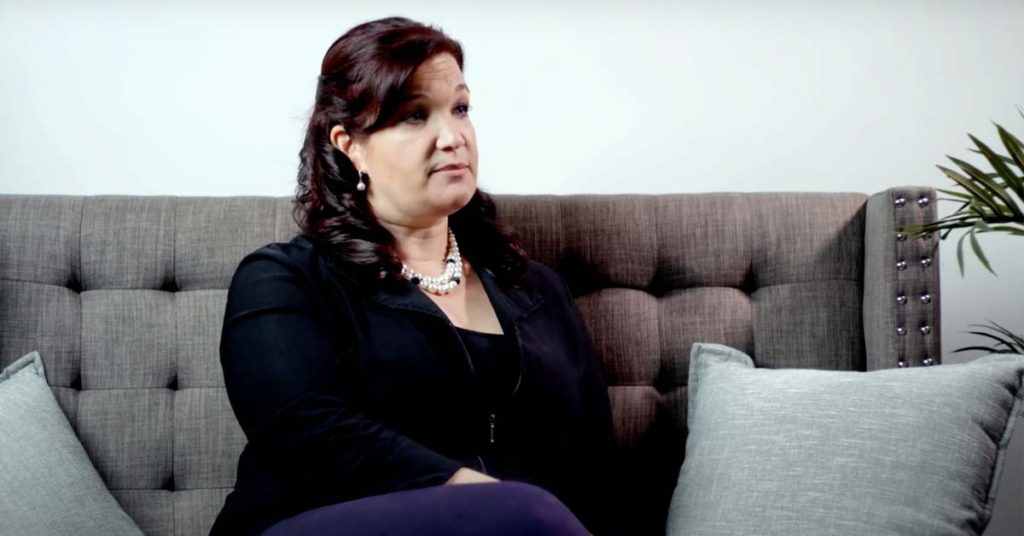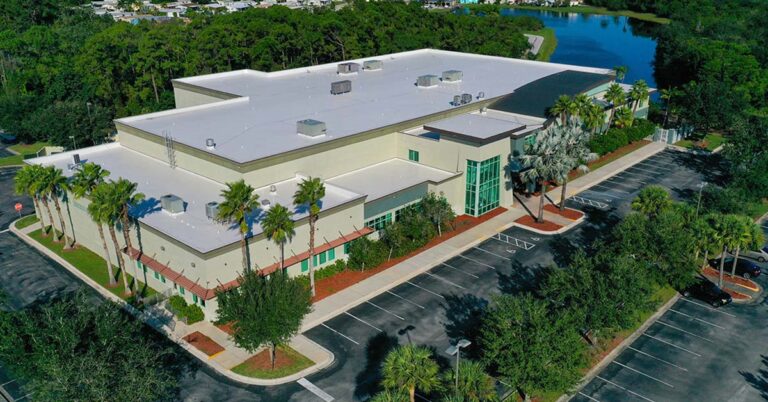The benefits of an exclusive human milk diet (EHMD) extend past the NICU. Moms of full-term babies can struggle with breastfeeding in the first weeks of life, hindering healthy growth. If this happens, pediatricians will recommend supplementation.
LactaLogics Co-Founder and COO Chelly Snow sits down with Sara Ortega, an International Board Certified Lactation Consultant (IBCLC), to talk about her experiences in serving these moms.
They explore common reasons moms struggle with breastfeeding, the impact supplementation has on moms’ mental health, and how supplementing with donor milk can help moms ultimately find success in breastfeeding.
Transcription
Ms. Ortega: I am Sarah Ortega and I am an IBCLC. I currently work primarily outpatient lactation care serving women once they’ve gone home from the hospital.
Ms. Snow: Why would a woman come to see you?
Ms. Ortega: Primarily people are coming to see us if they’re having issues with breastfeeding. We do occasionally get the mom who feels like things are going fine but she just wants to check-in, but usually, it’s women who are having difficulties with latching, maybe their breasts are hurting or their nipples or they’re worried about not having enough milk — that’s a really big concern for people just trusting their bodies and not knowing if the baby is getting enough milk.
Ms. Snow: And, what do you tell a new mom that’s not producing enough milk or that she’s thinking she’s not?
Ms. Ortega: Well, if it’s at a consultation, typically we’re doing a feeding assessment to help determine if she has enough milk and if not, coming up with a plan to make sure we can maximize the milk production as well as protecting the baby’s growth during that period. And then, really kind of helping her through the grieving process breastfeeding not going as expected or as she anticipated. It’s a very involved consultation at that point.
Ms. Snow: And, what do you do if mom isn’t able to produce enough?
Ms. Ortega: Well it depends on many different factors, but a lot of times it does involve a pretty extensive pumping plan usually alongside breastfeeding. Sometimes we do take that out depending on other circumstances especially if she is having a lot of pain and it just feels like she needs a break physically and sometimes just mentally. We do try to protect the breastfeeding relationship during that process.
Sara Ortega, IBCLC
Ms. Snow: Are there any circumstances where you recommend supplementation?
Ms. Ortega: Yes, unfortunately, there are several circumstances, primarily though when the baby has lost too much weight within those first 4 – 7 days of life which is typically about the time that I’m seeing them. I know sometimes it is recommended in the hospital but I don’t do inpatient so for me it would be around that for the 4 – 7 day mark. If the baby’s lost too much weight or if they’re a little bit older and they’re not gaining an appropriate amount of weight, then we recommend supplementation.
If a parent is needing to supplement for whatever reason, they do have different options, one being formula and the other which is very recommended would be donor milk.
Ms. Snow: Tell me about the benefits of breastmilk and using donor milk as supplementation.
Ms. Ortega: The benefits of a family using donor milk for supplementing over formula would be to continue to protect the baby’s gut while working on the mother’s own milk supply, Plus honoring her wishes to exclusively breastfeed.
I think that it helps her mental health to be able to provide breast milk for the baby in that interim while they’re waiting for things to kind of turn around. So there are so many health benefits obviously for the baby to continue getting breast milk which is a huge factor, but like I said I feel like a lot of the benefit is for the mom as well as the baby.
Ms. Snow: Tell me more about the mom’s benefit because I wouldn’t have considered mental health being an issue.
Ms. Ortega: Mom’s mental health in breastfeeding is extremely important. So many women, before the baby arrives, will say things like, “I know as long as the baby is fed, that’s all that matters” and “I’m going to try breastfeeding” and statements like that. It’s almost kind of trying to protect their well-being and trying to not set themselves up to be devastated if it doesn’t work out.
But, we find that most times if women are planning to try to breastfeed and it’s not working for whatever reason they did want that to work so even if they say all of those things thinking that they’re helping themselves, in the long run, it doesn’t typically work that way.
What happens often is that these women go through a grieving process and they feel like they’re failing their bodies. [They feel like] they’re compromising their baby and even if we know from a professional point that that is not true, that they are excellent mothers and you know they’re doing the best thing for their baby, it’s really hard to convince them.
By having the option of donor milk it’s so nice to be able to come alongside and say, “We’re still protecting breastfeeding. We’re still working on it and you have this option to continue getting breast milk while increasing your supply.”
Ms. Snow: What stories stand out of a mom or parent being told she has access to donor milk and what their response was like?
Ms. Ortega: I worked with many families that said supplementing was required and they were devastated. They did not want to give formula and being able to tell them that door milk was an option was so exciting because you could just see this look of relief and a little bit of a question.
If you haven’t heard of this as an option it can sound somewhat bizarre to get milk from another mom. Once you explain the process and that this option is readily available, they are so relieved that day that they can do that.
I did have one specific family … It was a Friday afternoon and [the baby was] barely 3 days old. It had lost a significant amount of weight and the pediatrician was wanting them to supplement with pumped milk or formula and to follow up Monday morning. [I was] able to see them [on Friday] afternoon and recommend the donor milk. They were so happy about it and you know, I believe it was by Sunday her milk supply was enough for the baby and so they no longer needed it. They were just so relieved not to have to use formula over the weekend and protect that relationship.
Ms. Snow: Such a great story. It’s been great meeting some of the moms and their babies because I want to see more [success stories] like them.
Ms. Ortega: I think that once people understand that donor milk is not some taboo thing they are just blown away not only by being able to use it but by the fact that other women are so willing to give such a gift. I mean this is not easy for women to pump even if they have a lot of milk. It doesn’t mean that that makes it easy for them to just pump and send their milk off. Being able to see that and see you know not only the moms that are getting milk and how happy it makes them but also the moms that are on the receiving end of it and how grateful they are for that option.
Ms. Snow: Maybe help some of the common concerns that a parent will bring up and how you overcome them.
Ms. Ortega: So I think the most common concern for people when they start to explore the option of donor milk would be where is the milk coming from, what’s being done to it, but they seem most concerned about the woman that’s donating it. I usually try to reassure them that if someone is willing to spend the time to pump this extra milk and donate it that most likely they’re not living a risky lifestyle that we would normally be worried about.
But even still, they are concerned about [it being screened] for different diseases or medications that they may or may not be taking. Those seem to be the biggest questions and usually, they get past that pretty quickly.
It’s really hard to watch women that really want to breastfeed and it’s just not working for whatever reason, whether it’s a supply issue, or confidence issue, or latching issue.
I hear people say things like, “You must love your job and you just get to work with babies all day.” While I do love my job, it is an emotionally exhausting job to have sometimes. Just going home and kind of wearing the weight of these different situations and the good and the bad.
But, people come in three or four days later and I see these huge steps that they’ve made and huge turn in a very short period. Being on the receiving end of that excitement and that joy is also draining and exhausting but in a good way.
I would have to say that I do not come home from work at any point not glad that I went. I do not dread going to work. I love my job. I love working with these families and their babies and it’s a gift for sure.







